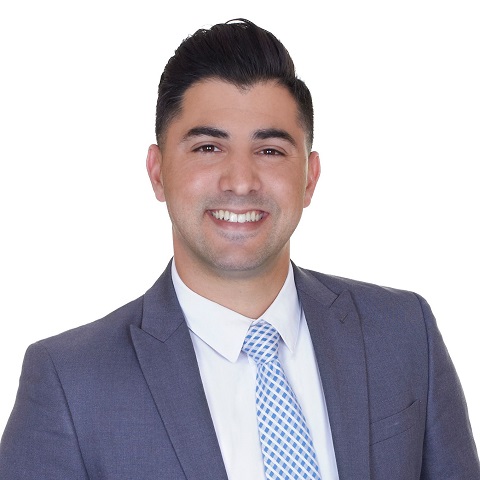
Melo and her daughter remained upstairs in the store. On arriving, Pimental took his son downstairs to the basement of the market to take a nap in the bedroom. On Sunday, April 13, 1997, Melo and Pimental arrived at the market around 9 A.M., along with their son and daughter (six and seven years old). Market, in Chelsea, along with her husband Juan Luis Pimental. The victim, thirty-two year old Kenia Melo, owned and operated a small convenience store, the Steven Jr.

To the Commonwealth, reserving certain details for discussion in conjunction with the issues raised. We summarize the evidence in the light most favorable We also affirm the order denying the motion for a new trial.ġ. 278, § 33E, to order a new trial, or to reduce the murder conviction to a lesser degree of guilt. We affirm the conviction and decline to exercise our power under G. 278, § 33E, to order a new trial, or to direct entry of a verdict of a lesser degree of guilt. Rodriguez also asks us to invoke our extraordinary power pursuant to G.
Rolando rodriguez orlando trial#
On appeal he claims that (1) the judge's instructions to the jury on the presumption of innocence and the evaluation of expert witness testimony improperly shifted the burden of proof (2) the prosecutor's cross-examination of the defense expert witness impermissibly elicited consciousness of guilt evidence and failed to satisfy the proper standard for expert testimony (3) the prosecutor referred to facts not in evidence or inferable from the evidence, both in his cross-examination of the defense expert and in his closing argument (4) the prosecutor improperly appealed to the sympathy of the jurors in his opening statement and closing argument and (5) trial counsel provided constitutionally ineffective assistance of counsel by failing to object to or move to strike certain evidence at trial, and by failing to request curative instructions. Rodriguez appeals from his conviction and from the denial of his motion for a new trial.Īt trial Rodriguez contended that he lacked the specific intent to kill or rob because of his ingestion of drugs and alcohol just prior to the murder. In addition to this conviction of murder in the first degree on a theory of felony-murder, he was also convicted of the underlying felony of armed robbery. Following a jury trial, Rolando Rodriguez was convicted of murdering the operator of a small convenience store during the course of a robbery. Powers, III, Assistant District Attorney, with him) for the Commonwealth.ĬORDY, J.

Chattopadhyay, Assistant District Attorney (John E. Quinlan, J., and a motion for a new trial, filed on October 3, 2000, was heard by her. INDICTMENT found and returned in the Superior Court Department on June 3, 1997. Ī criminal defendant failed to demonstrate that his trial counsel Statement and closing argument, referring to the victim's husband and children, did not constitute improper appeals to the jurors' sympathies. Īt a murder trial, statements made by a prosecutor during opening Questioning of the defense expert and in closing argument were properly based on the facts in evidence and inferences permissibly drawn therefrom, and did not assume facts not in evidence.

Īt a murder trial, certain statements made by the prosecutor during The prosecutor during cross-examination of the defense expert impermissibly elicited consciousness of guilt evidence, where the prosecutor immediately stopped the line of questioning in light of the judge's stated concern about consciousness of guilt evidence, where the witness never answered the question put to him regarding the defendant's behavior after the murder, and where the judge properly instructed the jury on consciousness of guilt in her charge. Ī criminal defendant failed to demonstrate that a question asked by Īt a murder trial, the prosecutor's failure to ask the defenseĮxpert whether opinions elicited during cross-examination were based on a "reasonable degree of medical certainty" did not render those opinions inadmissible, where the expert's responses conformed to the "consistent with" and "could have" language expressly condoned in Commonwealth v. Presumption of innocence, viewed as a whole, adequately informed the jury that the presumption of innocence remained throughout the entirety of the case further, the judge's instructions to the jury on the evaluation of expert witness testimony did not improperly shift the burden of proof to the defendant to prove the facts underlying the expert opinion and consequently the burden to prove that he lacked the specific intent to commit the charged offenses. Witness, Expert, Cross-examination.Īt a murder trial, the judge's instructions to the jury on the Practice, Criminal, Capital case, Instructions to jury, PresumptionsĪnd burden of proof, Argument by prosecutor, Comment by prosecutor, Assistance Present: MARSHALL, C.J., GREANEY, COWIN, SOSMAN, & CORDY, JJ.


 0 kommentar(er)
0 kommentar(er)
